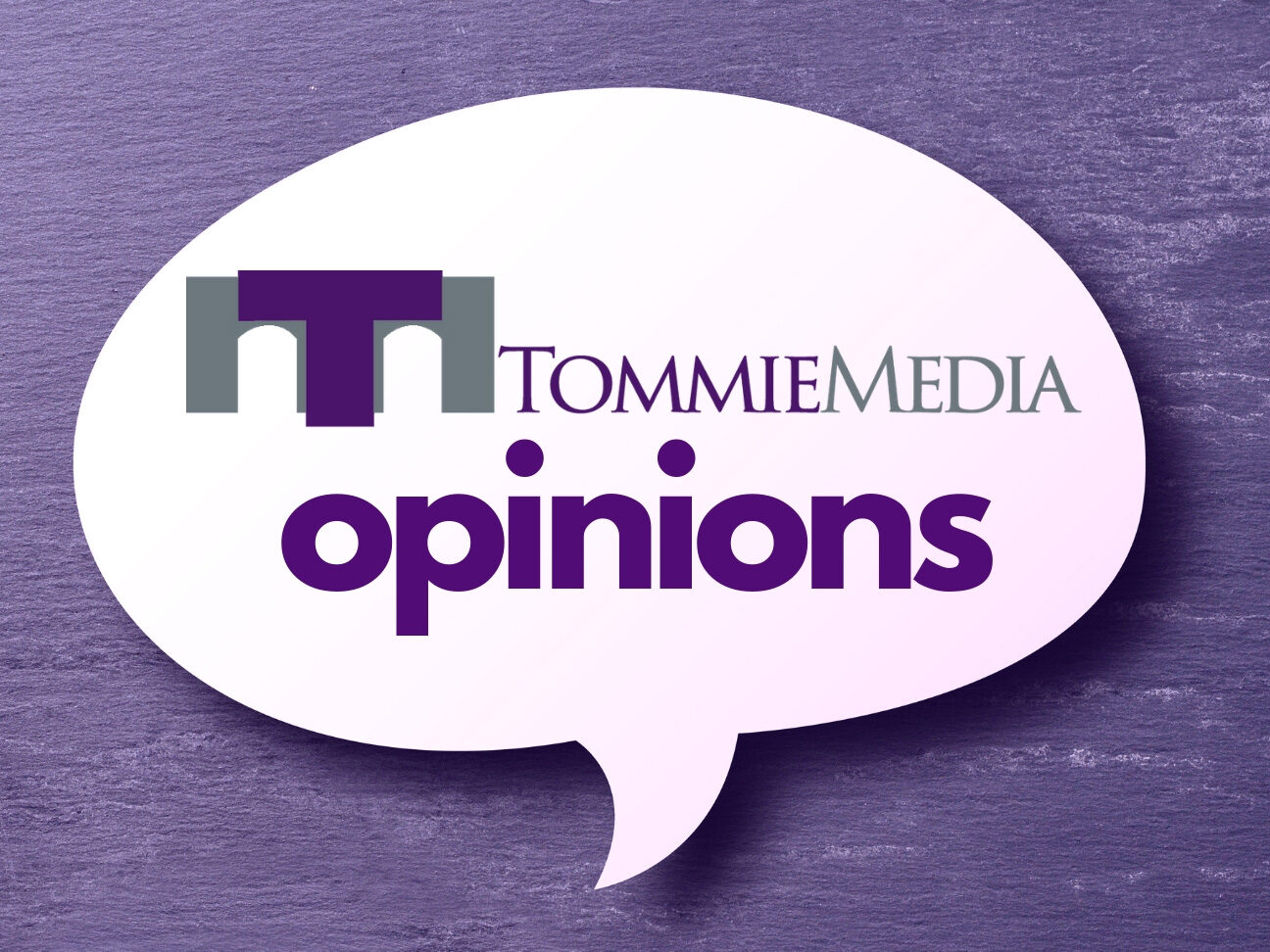I don’t care how many Muppets they put in their commercials; I don’t trust Facebook. I particularly don’t trust Mark Zuckerberg as CEO, the captain responsible to steer the ship. That ship, of course, is a social network worth just under $140 billion and intermingled with issues of free speech, election fraud and general misinformation.
All of these issues occurred under Zuckerberg’s watch. To be fair, when Zuckerberg started the social network in the early 2000s, he initially intended it to be a Hot or Not site. It soon grew into a social network for Harvard University, then East Coast Ivy League schools and finally the whole country.
The problem, though, is Zuckerberg’s continual leadership despite clear indications he doesn’t possess the skills to handle Facebook’s real-world issues. Now, Facebook employees are showing open dissent to his leadership. Zuckerberg ruled that politicians can put political ads on Facebook even if they contain misinformation about their opposing candidates, laws, etc.
Zuckerberg defended his decision by saying he’s following the laws concerning political ads on broadcast networks, in which the networks can’t touch the ads. Facebook, though, isn’t a broadcast network. This is yet another example of U.S. laws falling short toward current technology.
This was clear when Zuckerberg testified before Congress in 2018. When asked how Facebook made a profit, Zuckerberg responded with advertising. Congress was absolutely stumped.
The issue of political ads presented another opportunity in which Zuckerberg can pound his chest over being a defender of free speech. However, some of his employees argued for him to reevaluate the issue as more pertaining to paid speech, not free speech. Yet, Zuckerberg takes the position which presents him as a hero for free speech. Of course, the other position would make him have to take more responsibility.
Zuckerberg, or “the Zucc” as he’s been dubbed, won’t step down. To reference the earlier metaphor, Zuckerberg is a captain that will go down with his ship—even if he’s the guy who steered it right into the iceberg.
He’ll also be able to stick around because of what I call the “Jobs Effect”. Silicon Valley, since the death of Steve Jobs, has long idolized fierce, male figure heads. The more outspoken—the more defensive—the better. It’s interesting, though, that both past and current Apple CEOs Steve Jobs and Tim Cook, have criticized Zuckerberg, going so far as saying they wouldn’t be in the situations that Zuckerberg has found himself.
Although Jobs and Cook propagated this figure head culture, I actually buy that they wouldn’t be caught in the situations that Zuckerberg is. A counterexample to Zuckerberg is when Cook stood up against the FBI when they demanded that Apple provide the password to a criminal’s phone. Cook told the Bureau that there isn’t a universal key for iPhones and if there was they wouldn’t hand it out because they respect user privacy.
Conversely, Zuckerberg has found himself falling into pitfalls concerning user privacy especially in the Cambridge Analytica case.
Zuckerberg has always positioned himself and his company as open and friendly. But when the Zucc holds out his hand for friendship, it’s a business transaction.
As writer Walter Kirn tweeted: “Twitter sells conflict. Instagram sells envy. Facebook sells you.”
True Dabill can be reached at dabi7280@stthomas.edu.


